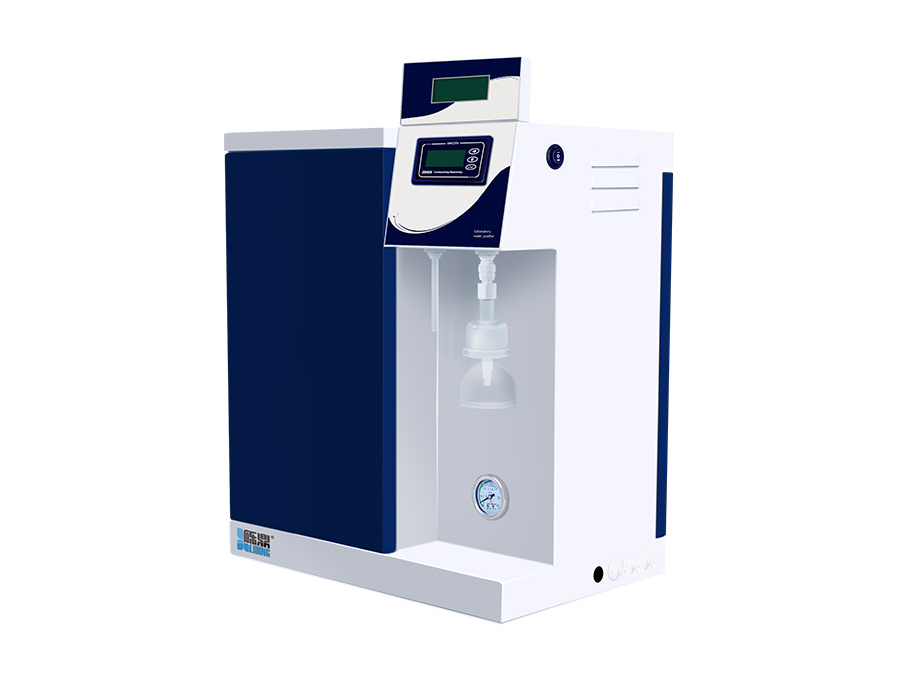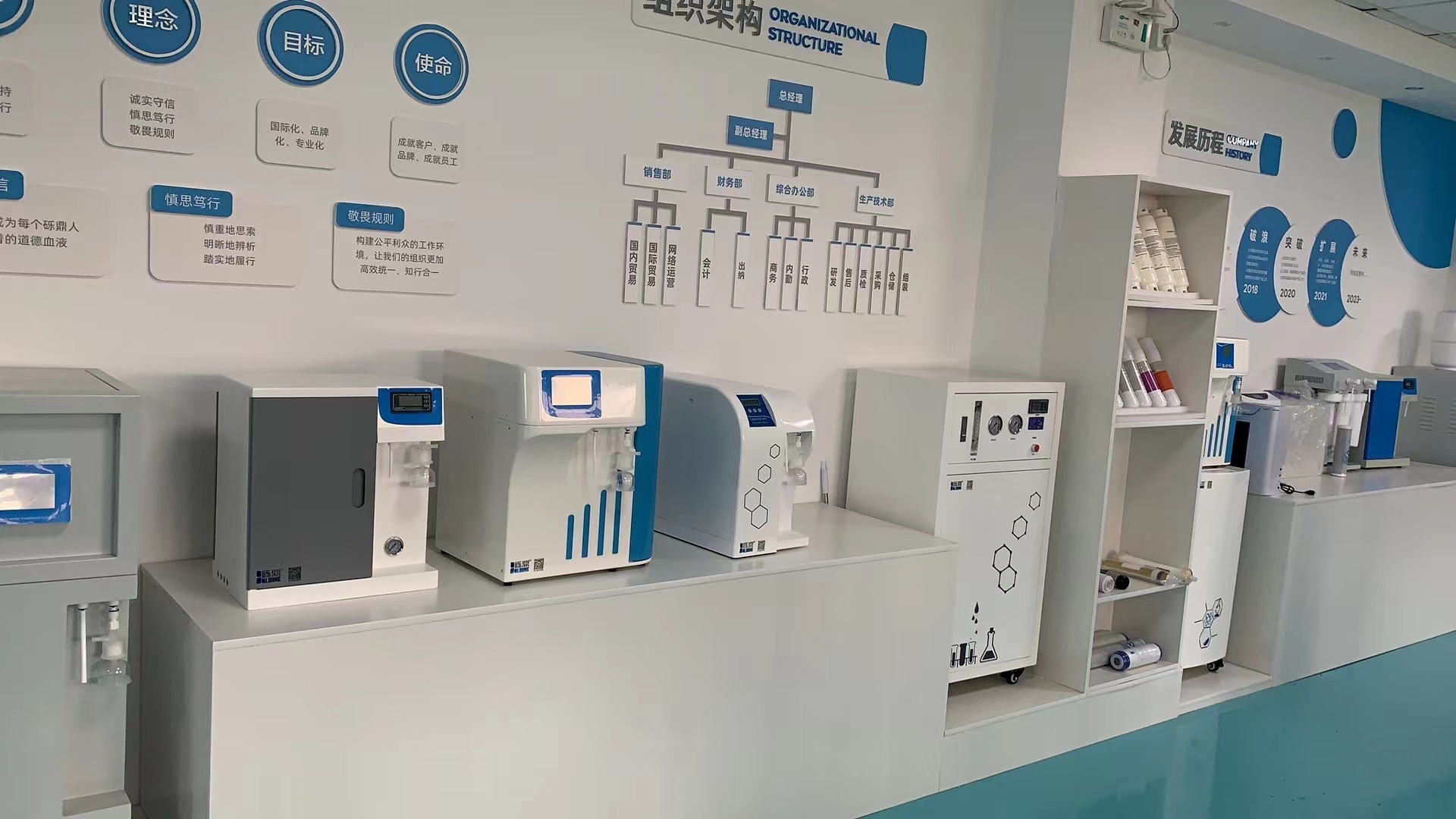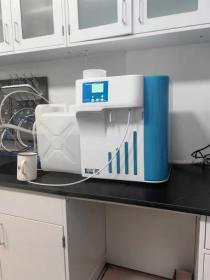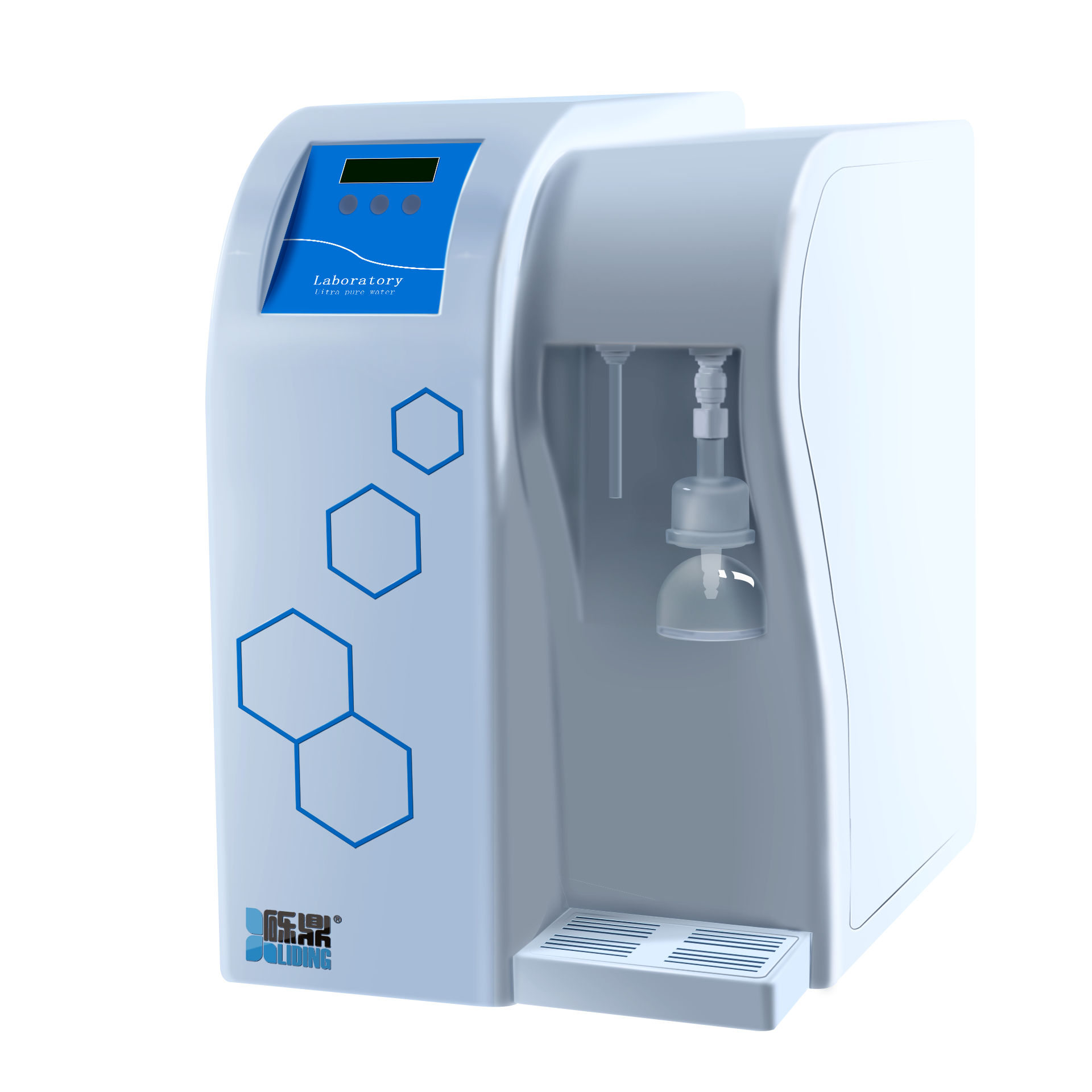Transform Your Water Quality with an Advanced Ultrapure Water Purification System
Time:
Sep 05,2025
Transform Your Water Quality with an Advanced Ultrapure Water Purification System
Table of Contents
- What is Ultrapure Water?
- The Importance of Water Purification
- How Ultrapure Water is Produced
- Key Components of an Ultrapure Water Purification System
- Benefits of Using Ultrapure Water
- Applications of Ultrapure Water in Various Industries
- Maintenance of Ultrapure Water Purification Systems
- Frequently Asked Questions
- Conclusion
What is Ultrapure Water?
Ultrapure water, often referred to as UPW, is water that has been purified to an extremely high degree, typically achieving a conductivity of less than 0.055 µS/cm. This level of purity eliminates nearly all ions, organic compounds, and other contaminants. The production of ultrapure water is crucial for industries such as pharmaceuticals, electronics, and power generation, where impurities can significantly impact product quality and operational efficiency.
The Importance of Water Purification
Purifying water is essential for several reasons. First and foremost, it ensures that the water is safe for consumption and usage across various applications. Contaminated water can lead to health issues, environmental damage, and reduced operational capabilities in industrial settings. An advanced ultrapure water purification system provides a reliable solution to these problems, ensuring that water quality meets or exceeds regulatory standards.
Impacts of Contaminated Water
Contaminated water can have dire consequences, including:
- Health Risks: Microbial and chemical contaminants can pose serious health risks, leading to waterborne diseases.
- Environmental Damage: Polluted water sources can harm ecosystems and wildlife.
- Reduced Efficiency: In industrial applications, impurities can affect the performance of machinery and processes, leading to increased maintenance costs and downtime.
How Ultrapure Water is Produced
The production of ultrapure water involves a series of sophisticated processes that remove a wide range of contaminants. These processes typically include:
1. Pre-filtration
Pre-filtration removes larger particles such as sediments and rust, setting the stage for subsequent purification stages.
2. Reverse Osmosis (RO)
RO is a key technology in ultrapure water production, utilizing a semi-permeable membrane to remove dissolved salts and contaminants. This process can eliminate up to 99% of impurities.
3. Deionization (DI)
Deionization involves the removal of ionic impurities through ion exchange resins. This process further enhances the purity of the water, making it suitable for sensitive applications.
4. UV Disinfection
Ultraviolet (UV) light is employed to eliminate any remaining microorganisms, providing an additional layer of safety and ensuring that the water is free from pathogens.
5. Final Filtration
The final stage often includes a sub-micron filtration step to remove any remaining particulate matter, ensuring the water meets ultrapure standards.
Key Components of an Ultrapure Water Purification System
An advanced ultrapure water purification system consists of various components that work together to achieve optimal water quality:
1. Pre-filters
These filters capture larger particles and contaminants before they reach the critical purification stages.
2. Reverse Osmosis Membrane
The heart of the system, the RO membrane, is crucial for reducing dissolved solids and contaminants.
3. Ion Exchange Columns
DI tanks filled with ion exchange media remove ionic contaminants, ensuring the water achieves ultrapure status.
4. UV Lamps
UV disinfection units are essential for inactivating harmful microorganisms.
5. Storage and Delivery Systems
Proper storage and delivery systems ensure that ultrapure water is maintained and delivered without contamination.
Benefits of Using Ultrapure Water
Investing in an ultrapure water purification system brings numerous advantages:
1. Enhanced Product Quality
For industries such as pharmaceuticals and electronics, ultrapure water is critical in ensuring the quality and reliability of products.
2. Improved Safety
By eliminating contaminants, ultrapure water reduces health risks associated with impure water sources.
3. Increased Operational Efficiency
Water with low impurity levels helps to minimize wear and tear on machinery, leading to less downtime and lower maintenance costs.
4. Environmental Responsibility
Using ultrapure water supports sustainable practices by minimizing waste and conserving resources.
Applications of Ultrapure Water in Various Industries
Ultrapure water is utilized in various industries, including:
1. Pharmaceutical Manufacturing
In the pharmaceutical industry, ultrapure water is used in drug formulation and cleaning processes, ensuring product safety and efficacy.
2. Semiconductor Production
Semiconductors require ultrapure water to prevent contamination during manufacturing processes, which can affect performance and yield.
3. Power Generation
Power plants use ultrapure water in cooling systems and steam generation, reducing scaling and corrosion in equipment.
4. Laboratory Applications
Research laboratories rely on ultrapure water for experiments and analysis, ensuring accuracy and reliability.
Maintenance of Ultrapure Water Purification Systems
Regular maintenance is crucial for ensuring the longevity and effectiveness of an ultrapure water purification system. Key maintenance tasks include:
1. Regular Filter Replacement
Filters should be replaced according to the manufacturer’s guidelines to maintain optimal performance.
2. System Monitoring
Continuous monitoring of water quality parameters ensures that the system operates within acceptable limits, allowing for timely interventions.
3. Preventive Maintenance
Routine checks and preventive maintenance help to identify potential issues before they become significant problems.
Frequently Asked Questions
1. How does an ultrapure water system differ from standard water filtration systems?
An ultrapure water system employs multiple advanced purification processes, such as reverse osmosis and deionization, to achieve a higher level of purity than standard filtration systems.
2. What industries benefit the most from ultrapure water?
Industries such as pharmaceuticals, electronics, and power generation benefit significantly from ultrapure water due to stringent quality requirements.
3. How often should I maintain my ultrapure water purification system?
Maintenance frequency varies by system and usage, but regular monitoring and filter replacements are typically recommended every 6 to 12 months.
4. Can ultrapure water be used for drinking?
While ultrapure water is safe for consumption, it is often devoid of minerals, which may not be ideal for drinking. However, it can be utilized for cooking and other safe applications.
5. What are the costs associated with installing an ultrapure water purification system?
Costs can vary greatly depending on the system’s capacity, components, and installation requirements. It’s advisable to consult with a specialist to obtain an accurate quote based on specific needs.
Conclusion
Investing in an advanced ultrapure water purification system is crucial for ensuring the highest quality water for various applications. With its numerous benefits, including enhanced product quality, improved safety, and increased operational efficiency, ultrapure water is an asset for industries that prioritize excellence. By understanding the processes involved, the key components, and the importance of regular maintenance, businesses can transform their water quality and drive success in their operations.
RELATED NEWS








